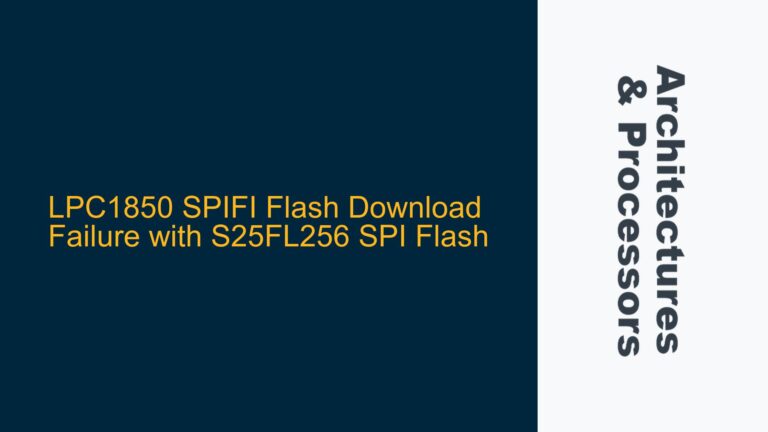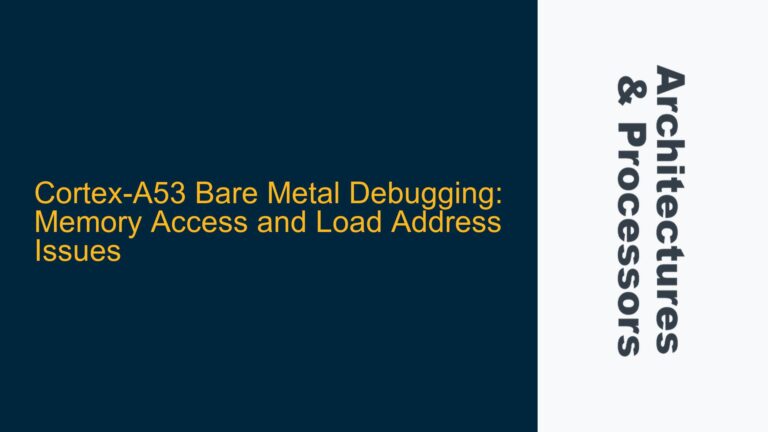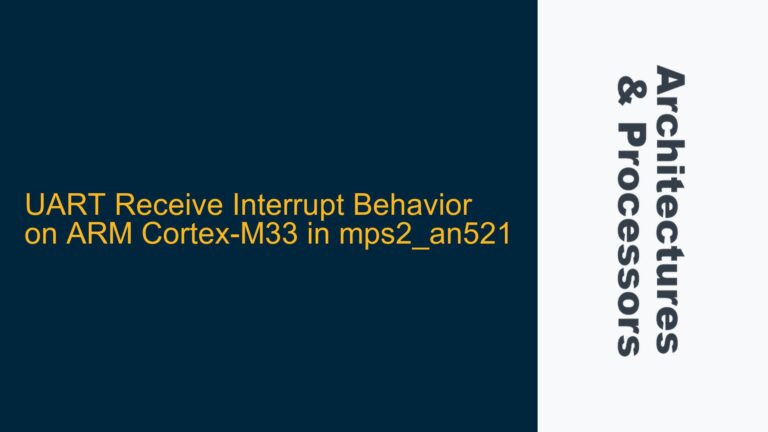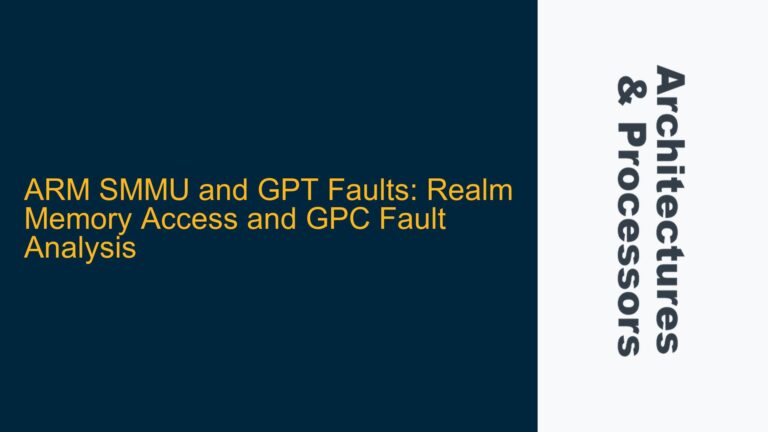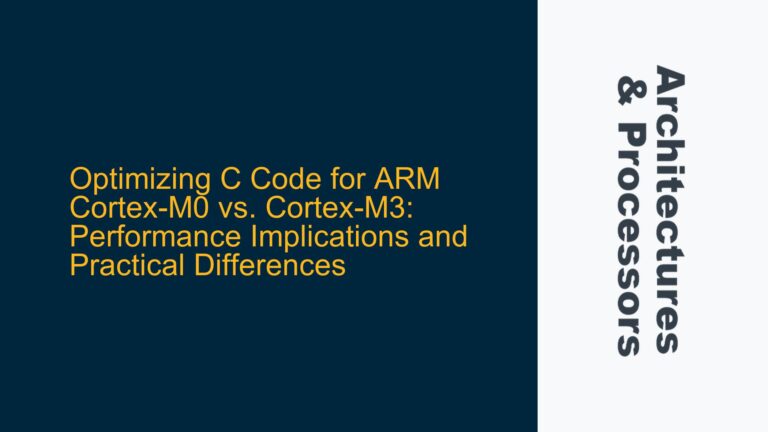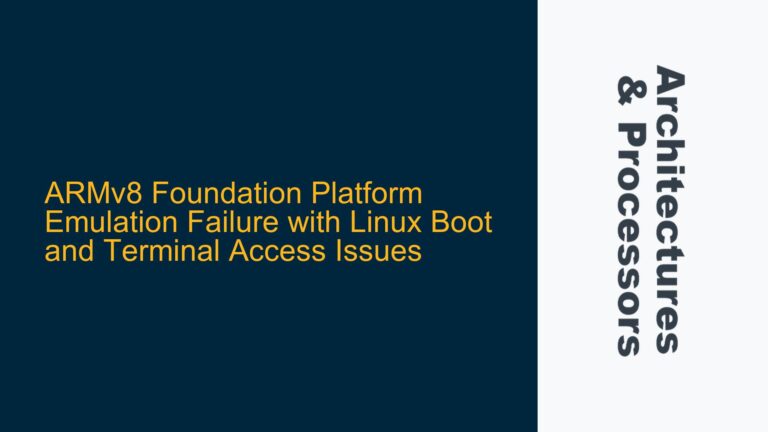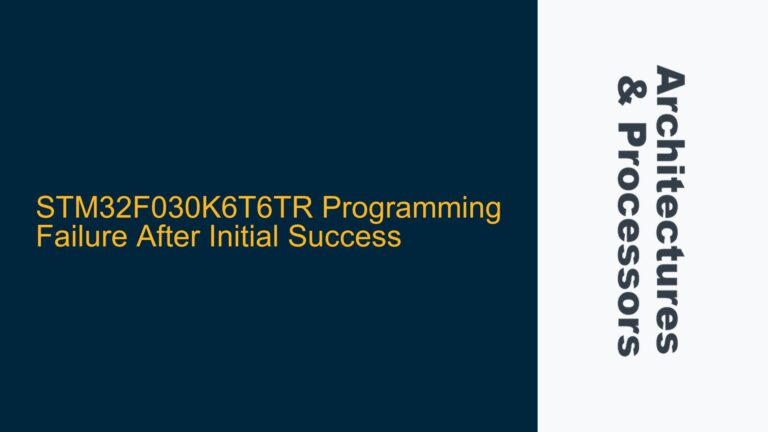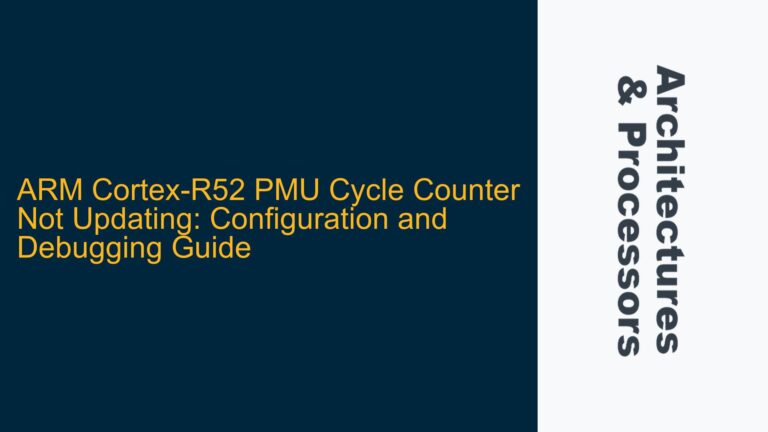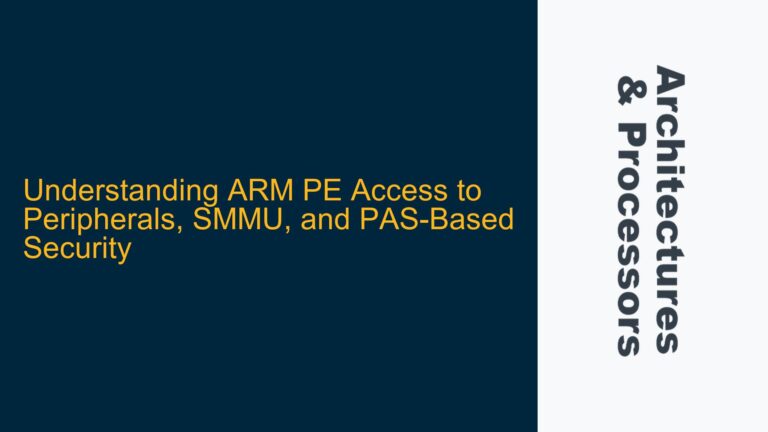LPC1850 SPIFI Flash Download Failure with S25FL256 SPI Flash
ARM Cortex-M3 SPIFI Flash Programming Timeout Error The issue at hand involves the LPC1850 microcontroller, which is interfaced with the S25FL256 SPI flash memory via the SPIFI (Serial Peripheral Interface Flash Interface) peripheral. The primary symptom is a flash programming timeout error when attempting to program the S25FL256 flash memory using the ULINK2 debugger in…
